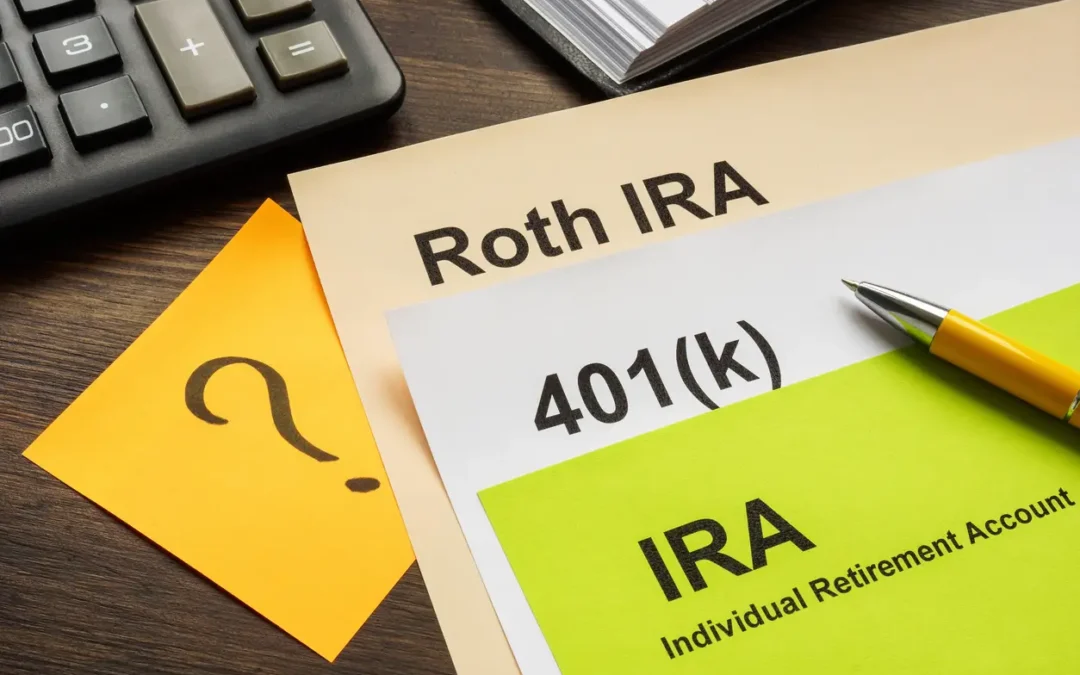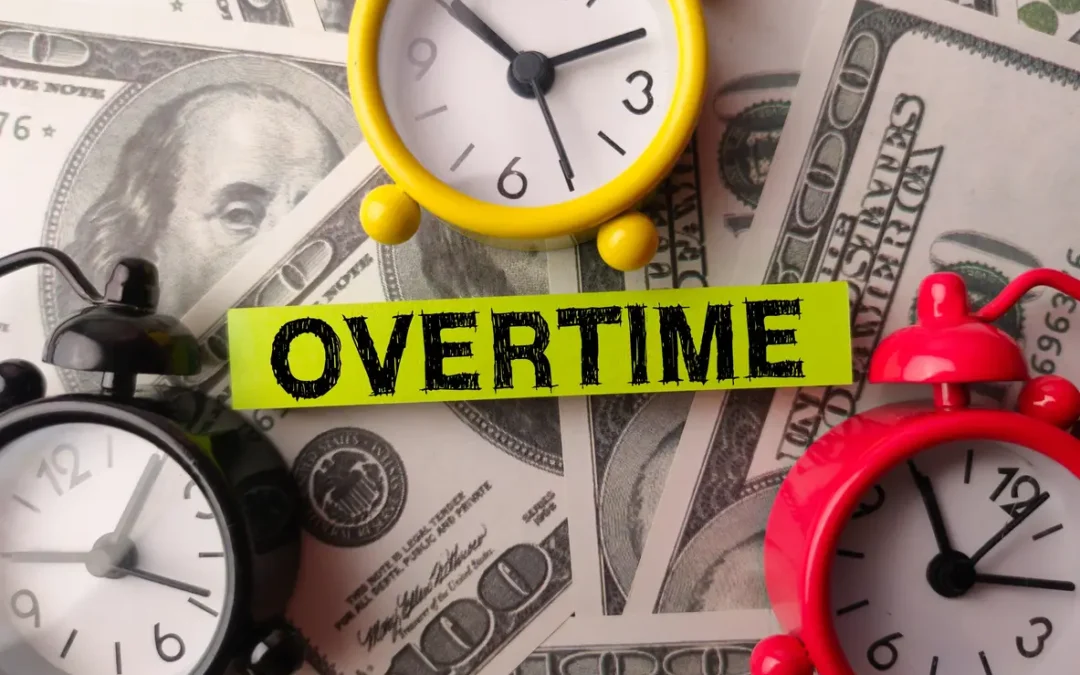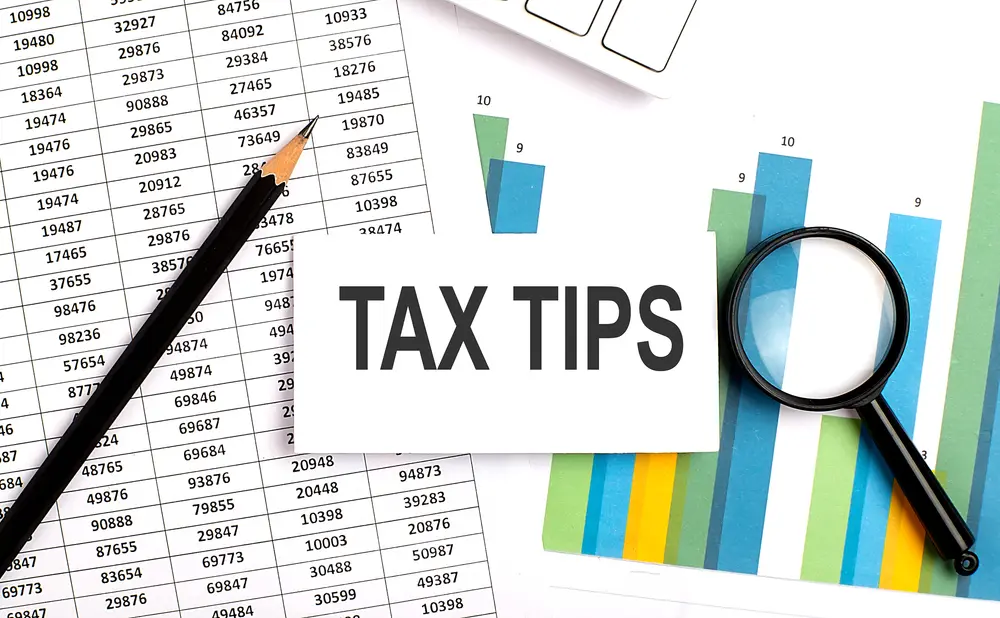Click on the links below to jump to each section in this article: 2026 Tax Law Changes for Businesses Which Parent Gets the Tax Breaks After Divorce? If You're Closing Your Business, Don't Forget These Tax Steps 2026 Tax Law Changes for Businesses Here’s a sampling of some significant tax law changes going into effect this year: Increase of the Section 179 expensing limit to $2.56 million and the phaseout threshold to $4.09 million (up from $2.5 million and $4 million, respectively, for 2025). Expansion of the income ranges over which the Section 199A qualified business income deduction limitations phase in, generally to $201,750 — $276,750 (up from $197,300 — $247,300 for 2025), double those amounts for married couples filing jointly. Reduction of the threshold for the excess...










